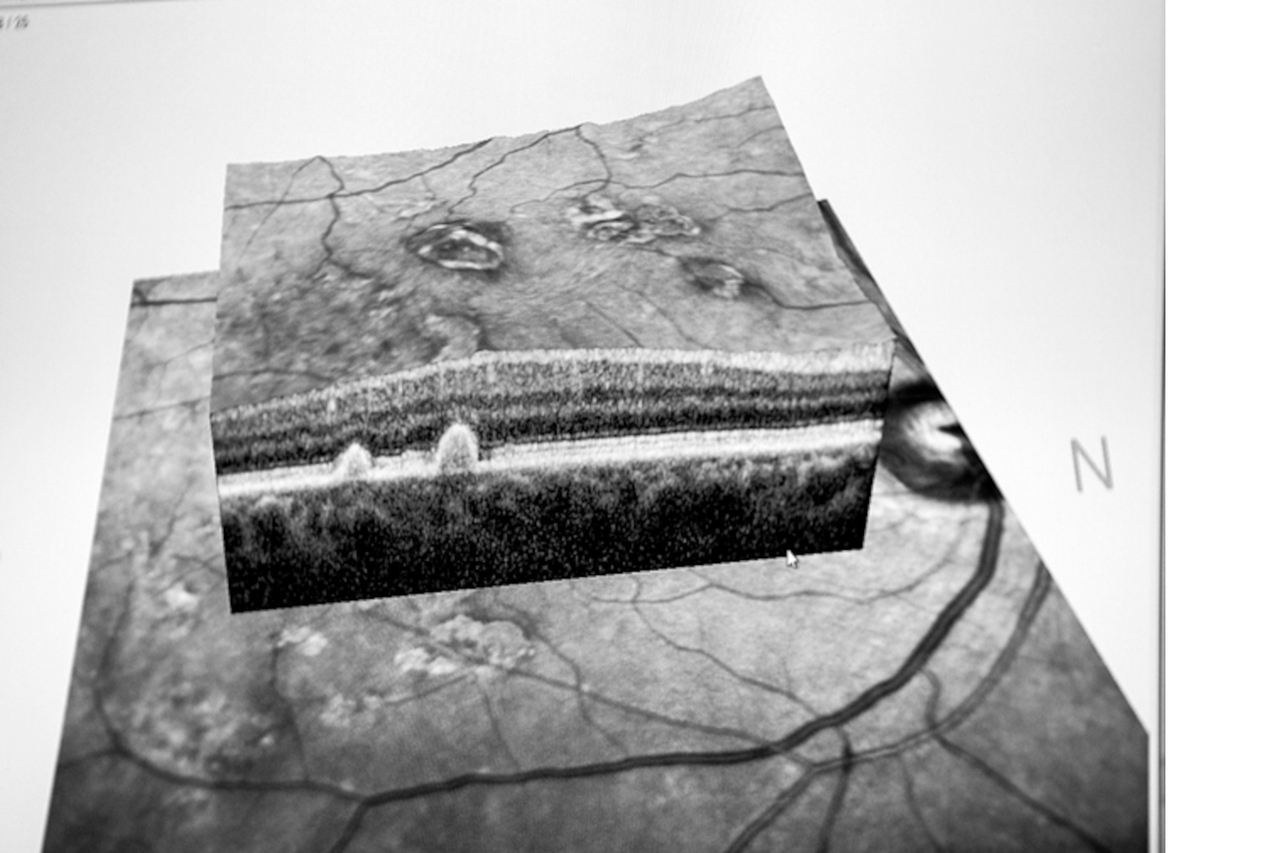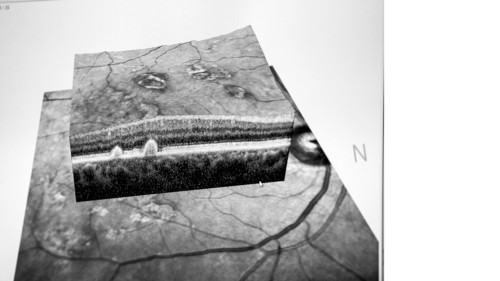Call for papers: Glaucoma genetics Collection
Published in Genetics & Genomics and General & Internal Medicine

Explore the Research

Glaucoma genetics
This Collection welcomes original research exploring the genetic basis of glaucoma using clinical cohorts, in-vitro, in-vivo or computational models. We…
Collection Overview
Scientific Reports has launched a Guest-Edited Collection on Glaucoma genetics.
Glaucoma is a major cause of irreversible blindness, marked by progressive damage to the optic nerve. Mutations observed in OPTN, TBK1, MYOC, CYP1B1 genes among others have been reported to cause abnormal protein accumulation in the trabecular meshwork.
This will be a Collection of original research papers and will be open for submissions from all authors – on the condition that the manuscripts fall within the scope of the Collection and of Scientific Reports more generally. We are welcoming submissions until 28th February 2026.
Why is this research area and Collection important?
"By leveraging genetics, we can transform screening methods, clearly identifying individuals who need clinical evaluation, ongoing monitoring, and timely treatment. However, misleading genetic results could lead to harmful over-treatment, while false reassurances may prevent crucial early diagnoses. We also need to consider whether we should treat individuals with mildly elevated intraocular pressure who have high genetic risk. As our understanding of glaucoma genetics evolves rapidly, the potential for genetic testing to advance personalized screening is clear. Prioritizing effective, cost-efficient diagnostic strategies is essential in the fight against glaucoma blindness, and ensuring equitable global access to innovations must be a priority." - Mithun Thulasidas
"Understanding the genetic basis of glaucoma is essential for advancing precision medicine and addressing a leading cause of irreversible blindness worldwide. This Collection can accelerate breakthroughs in glaucoma diagnostics and therapeutics by centralizing cutting-edge genetic research. Researchers are encouraged to submit to this Collection to contribute to a focused, high-impact platform that fosters interdisciplinary collaboration and global visibility." - Vicente Zanon-Moreno
"Uncovering the molecular mechanisms of glaucoma enables precision medicine for earlier diagnosis and targeted treatment, while also revealing novel genes and pathways driving RGC and optic nerve degeneration." - Kun-Che Chang
“Genetics is the basis of most primary diseases, glaucoma being no exception. What is unique to glaucoma genetics is the range of genetics, from Mendelian gene mutations (e.g., CYP1B1, MYOC, OPTN, TBK1) to polygenetic elements, multiple pathways in secondary glaucomas like pseudoexfoliation, and multiple genes in congenital and developmental glaucomas. CRISPR/Cas interventions targeting MYOC and signalling-repair techniques involving TEK/ANGPT1 are showing promise. As genetic data is elucidated from various populations, polygenic contributions to adult-onset glaucoma will also be included in management paradigms. We are just at the beginning of glaucoma genetic research, and these efforts would offer gene-informed treatment strategies in the future. This Collection will add significantly to the current understanding of glaucoma genetics and direction for diagnostics and therapy.” - Geeta Behera
Why submit to a collection?
Collections like this one help promote high-quality science. They are led by Guest Editors and In-House Editors who are experts in their fields and are supported by a dedicated team of Commissioning Editors and Managing Editors at Springer Nature. Collection manuscripts typically see higher citations, downloads, and Altmetric scores, and provide a one-stop-shop on a cutting-edge topic of interest.
Who is involved?
Guest Editors:
- Geeta Behera, Jawaharlal Institute of Post Graduate Medical Education and Research, India
- Kun-Che Chang, University of Pittsburgh Medical Center, United States
- Mithun Thulasidas, Trinity Eye Hospital, India
- Vicente Zanon-Moreno, University of Valencia, Spain
Internal Team:
- In-House Editor: Mrigyanka Chakravarty, Scientific Reports, India
- Commissioning Editor: Jenny Knowles, Fully OA Brands, Springer Nature, UK
- Managing Editor: Aliya Anwar, Fully OA Brands, Springer Nature, UK
How can I submit my paper?
Visit the Collection page to find out more about this collection and submit your article.
Follow the Topic
-
Scientific Reports

An open access journal publishing original research from across all areas of the natural sciences, psychology, medicine and engineering.
-
A Collection of original research articles exploring the genetic basis of glaucoma using clinical cohorts, in-vitro, in-vivo or computational models.
Your space to connect: The Macular degeneration Hub
A new Communities’ space to connect, collaborate, and explore research on Ophthalmology and Eye Diseases!
Continue reading announcementRelated Collections
With Collections, you can get published faster and increase your visibility.
Obesity
Publishing Model: Hybrid
Deadline: Apr 24, 2026
Reproductive Health
Publishing Model: Hybrid
Deadline: Mar 30, 2026





Please sign in or register for FREE
If you are a registered user on Research Communities by Springer Nature, please sign in